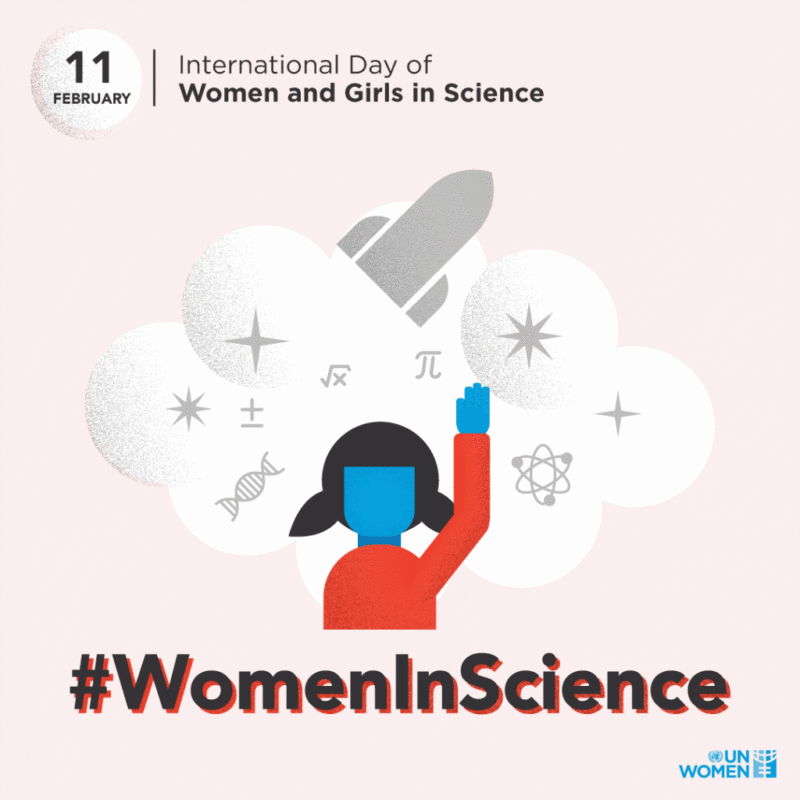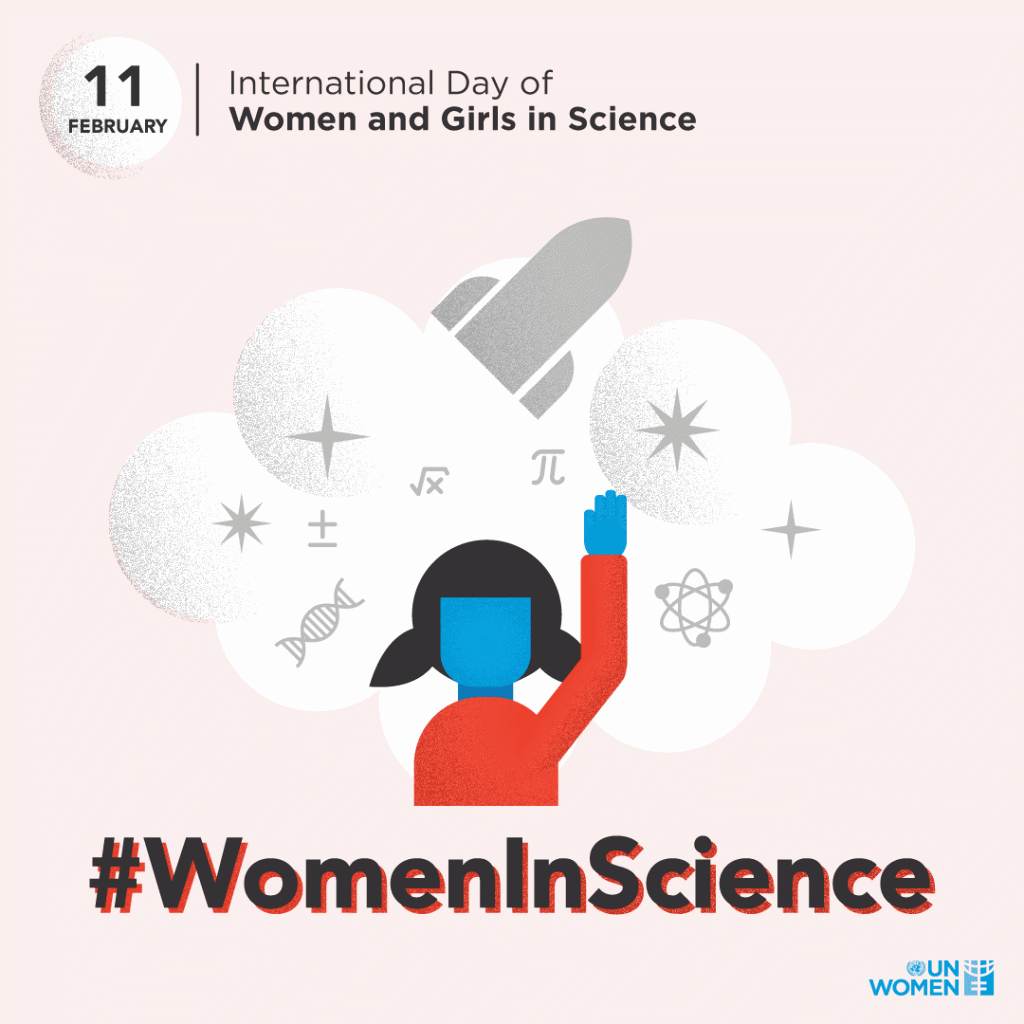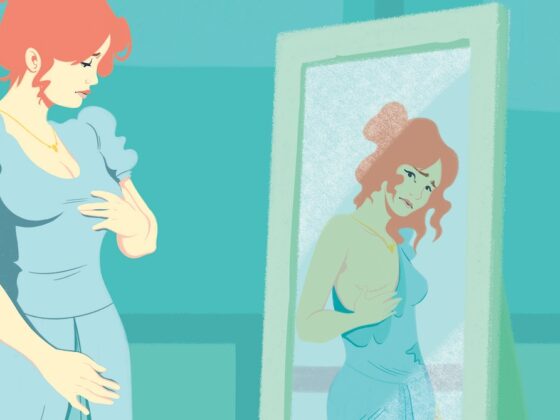
Science and gender equality are both vital for the achievement of the internationally agreed development goals, including the 2030 Agenda for Sustainable Development. Over the past 15 years, the global community has made a lot of effort in inspiring and engaging women and girls in science. Yet women and girls continue to be excluded from participating fully in science.
“If we are to be able to address the enormous challenges of the twenty-first century – from climate change to technological disruption – we will need to rely on science and the mobilization of all our resources. It is for this reason that the world must not be deprived of the potential, the intelligence, or the creativity of the thousands of women who are victims of deep-seated inequality and prejudice” said Audrey Azoulay, Director General of UNESCO, on the International Day of Women and Girls in Science 2020, on 11 February. “UNESCO is calling on the international community, States and individuals to work together so that equality in the sciences and other fields can finally become a reality. Humanity has everything to gain– and so does science”.
At present, less than 30 per cent of researchers worldwide are women. According to UNESCO data (2014 – 2016), only around 30 per cent of all female students select STEM-related fields in higher education. Globally, female students’ enrolment is particularly low in ICT (3 per cent), natural science, mathematics and statistics (5 per cent) and in engineering, manufacturing and construction (8 per cent).
Long-standing biases and gender stereotypes are steering girls and women away from science related fields. As in the real world, the world on screen reflects similar biases—the 2015 Gender Bias Without Borders study by the Geena Davis Institute showed that of the onscreen characters with an identifiable STEM job, only 12 per cent were women.
In order to achieve full and equal access to and participation in science for women and girls, and further achieve gender equality and the empowerment of women and girls, the United Nations General Assembly adopted resolution A/RES/70/212 declaring 11 February as the International Day of Women and Girls in Science.
“To rise to the challenges of the 21st century, we need to harness our full potential. That requires dismantling gender stereotypes. On this International Day of Women and Girls in Science, let’s pledge to end the gender imbalance in science” said the Secretary General of the United Nations Antonio Guterres.













